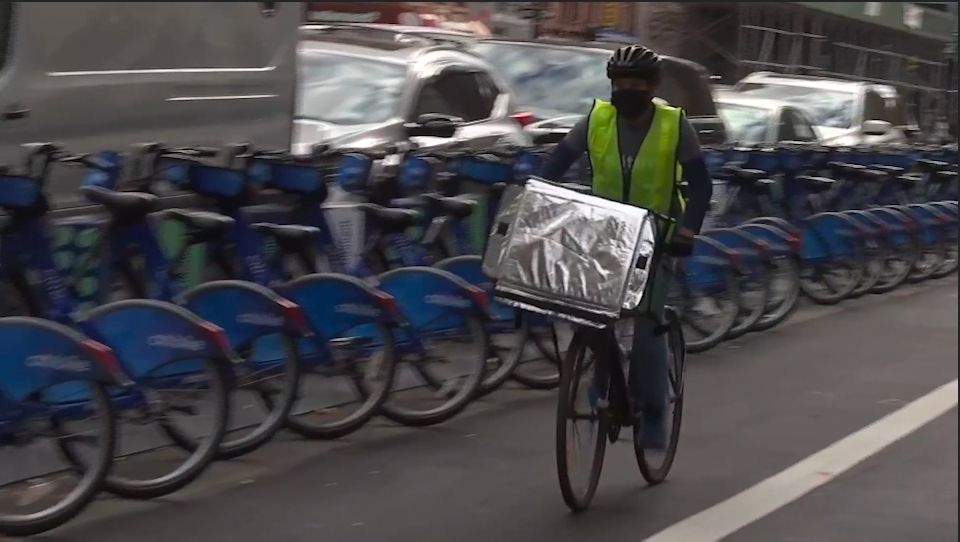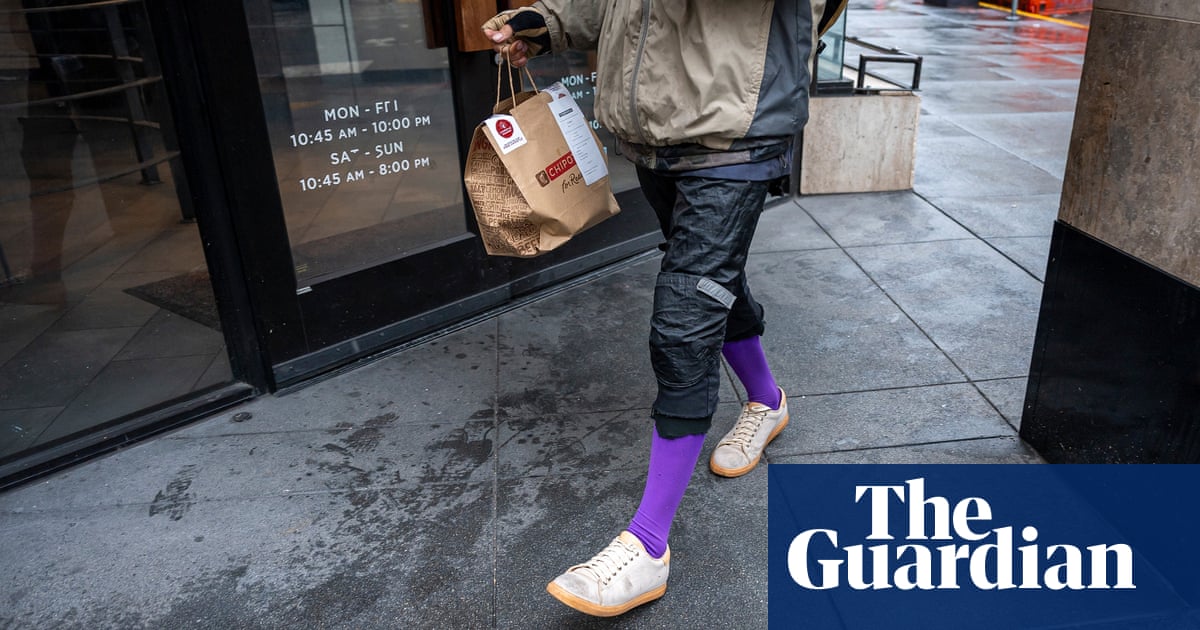The gig economy has become a significant part of the workforce in recent years, with millions of independent contractors providing services ranging from ride-sharing to food delivery. These workers have enjoyed the flexibility of setting their own schedules and working for multiple clients without being tied down to a single employer. However, a new Department of Labor rule is set to change the landscape for these gig workers.
The Department of Labor ruling aims to reclassify independent contractors as employees, making it harder for companies to continue classifying them as such. This change would mean that these workers would be entitled to the same pay scales and benefits as traditional employees, potentially improving their overall working conditions. While the intention behind the ruling is to protect workers, it has faced significant pushback from various groups.
At least five lawsuits have been filed against the Department of Labor in response to this ruling. Major organizations such as the U.S. Chamber of Commerce, the National Retail Foundation, and the Coalition for Workforce Innovation have joined forces to oppose the reclassification of independent contractors. The fear among these groups is that forcing companies to change the classification of their workers may lead to job losses and a decrease in opportunities for independent contractors.
Employment attorney Jared Cook explains that the new ruling would place greater burdens on employers, potentially causing some to reconsider offering these types of jobs. However, proponents of the ruling argue that if a company cannot afford to pay their workers minimum wage and comply with labor laws, they may not be suited for the business in the first place. The debate over the impact of this ruling on the economy and workforce is ongoing, with both sides presenting valid arguments.
In the midst of this uncertainty, Cook advises companies to err on the side of caution and treat their workers as employees to ensure compliance with the law. While this may require additional effort and resources, it could ultimately save companies from costly lawsuits in the future. The decision on how to proceed in light of this ruling is crucial for companies operating in the gig economy, as it could have far-reaching implications for the future of work in America.
As the Department of Labor ruling continues to face opposition and legal challenges, the fate of millions of independent contractors hangs in the balance. The outcome of this debate will not only impact the gig worker community but also shape the broader landscape of employment practices in the United States. The implications of this ruling are significant, and the ongoing discussions surrounding it highlight the complexities of balancing worker protections with the needs of businesses in an ever-evolving economy.



















